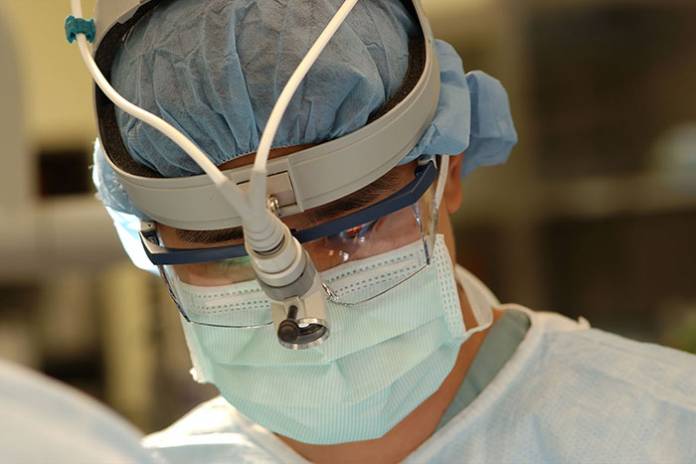
The roles of doctors and nurses are well known in our society. From a young age, individuals visit the doctor and receive treatment from these professionals. Most people aren’t as familiar with the wide range of other medical professionals who treat patients and make medical advances that shape the treatments patients receive.
Audiologists
A clinical audiologist is a medical professional that focuses on working with patients with hearing or balance problems. They specialize in the inner ear. These medical professionals prepare for their careers by earning a doctoral degree in their field. They must also be licensed to practice. Audiologists examine patients, diagnose their condition and determine appropriate treatments. They may prescribe hearing aids and they also educate patients on how to protect their hearing and prevent hearing loss.
Hearing Aid Specialists
Hearing aid specialists can enter their career field with a high school diploma and on-the-job training. The U.S Bureau of Labor Statistics (BLS) reports there is a high demand for these healthcare professionals and that they earned median incomes of $52,770 as of May 2018. They perform hearing tests. They also fit hearing aids for patients and ensure that they are working properly.
Nurse Anesthetists, Midwives, and Practitioners
Nurse anesthetists, midwives, and practitioners are required to have ACLS certification, be licensed and have a master’s degree in their field of specialty. Anesthetists give patients anesthesia before surgery and monitor the patient’s condition during the procedure. Midwives provide prenatal care and deliver babies. Practitioners evaluate patients, diagnose their condition, and provide treatment. The BLS indicates there is very high job growth in these fields, with the median salary exceeding $113,000 as of 2018.
Physical Therapy Assistants
A physical therapy assistant needs to earn an associate’s degree in their field and be licensed. They work under the supervision of physical therapists. They are trained to monitor their patient’s condition and help them complete therapeutic exercises. The exercises are designed to help the patient increase their mobility or reduce their pain. They may also teach patients how to use assistive devices, such as walkers. As of January 2020, Salary.com reported the median income for these professionals was $54,998.
Optometrists
A Doctor of Optometry degree is required to become an optometrist. These medical professionals specialize in evaluating the health of a patient’s eye and determining whether or not they need corrective lenses to see properly. They may also oversee treatment for medical conditions that affect the eyes, such as macular degeneration. Salary.com reported optometrists took home median annual incomes of $124,977 as of January 2020.
Occupational Therapists
A master’s degree is required to become an occupational therapist, a career that entails working with patients of all ages who have illnesses or disabilities. They may treat a patient after a stroke or accident and help them relearn skills, such as how to write, walk, feed themselves, or get dressed. They may also work with individuals who have been born with conditions that impact their mobility and ability to perform tasks independently. The BLS reports high job growth in this field and median incomes of over $84,000 as of 2018.
Nuclear Medicine Technologists
Nuclear medicine technologists only need to complete 2 years of postsecondary studies to enter their field. With an associate’s degree and certification, they are qualified to help perform diagnostic tests on patients. They give patients radioactive drugs and explain the procedure to patients. They use medical equipment to generate images of the patient that are provided to physicians and specialists so that the patient can be properly diagnosed. The BLS reported a median income of $76,820 for these professionals as of May 2018.
Speech-Language Pathologists
A master’s degree is required to become a speech-language pathologist. These professionals evaluate patients with communication issues. They also treat patients with swallowing disorders. They assess the patient and determine how to treat their condition so they can have effective communication skills. They may oversee and implement a treatment plan themselves. Their work can involve helping patients develop their mouth and tongue muscles or learn how to talk again after an accident or stroke. Their average annual income exceeds $61,000.











